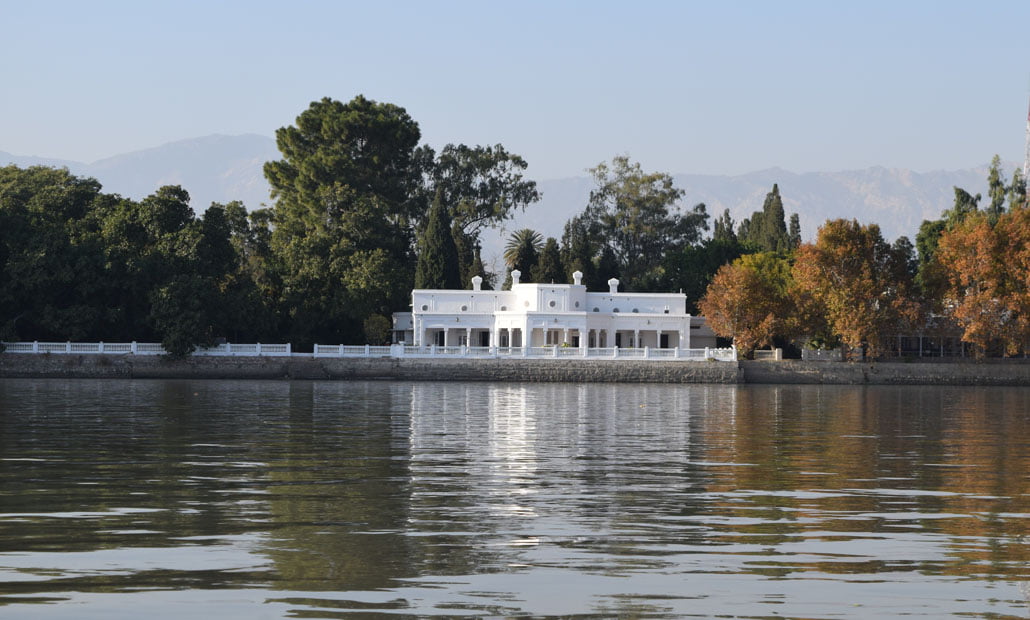Bilawal Kamran
As Pakistan braces for a scorching summer, the last thing the nation needs is a water dispute between its provinces. Yet, that’s precisely the situation unfolding between Sindh and Punjab over the controversial Cholistan Canal project. Originally part of the Green Pakistan Initiative, this project has ignited tensions, with Sindh opposing it vehemently, fearing it will exacerbate its already dire water shortages.
The crux of the dispute lies in the allocation of water from the Indus River. Punjab plans to divert water from the Sulemanki Headworks to irrigate the arid lands of Bahawalpur and Bahawalnagar districts. However, Sindh contends that this diversion will reduce its share, potentially leading to agricultural losses and increased poverty in its southern regions. Sindh’s Chief Minister, Murad Ali Shah, has termed the project’s approval as “illegal” and has urged the federal government to defer it until the Council of Common Interests (CCI) deliberates on the matter .
Despite Sindh’s objections, the Indus River System Authority (IRSA) issued a water availability certificate for the project in January 2024. This move has intensified Sindh’s concerns, prompting it to seek intervention from the CCI, the constitutional body responsible for resolving disputes between provinces .
The federal government’s response has been less than reassuring. Law Minister Azam Nazeer Tarar acknowledged the need for a CCI meeting but cited logistical challenges in convening all members. This delay is unacceptable, given the urgency of the issue. Sindh’s representatives in the Senate have criticized the government’s inaction, warning that the situation could escalate into a crisis reminiscent of the Kalabagh Dam controversy .
The implications of this dispute are far-reaching. If the project proceeds without consensus, it could strain inter-provincial relations, disrupt agricultural activities, and undermine the federal structure of Pakistan. The CCI must act promptly to mediate this conflict, ensuring that any decision made is equitable and in the best interest of all provinces.
To resolve the escalating water dispute between Sindh and Punjab, the federal government must urgently activate institutional mechanisms designed for such conflicts—specifically the Council of Common Interests (CCI) and the Indus River System Authority (IRSA)—to ensure transparent, data-driven arbitration rooted in constitutional and legal frameworks. First, the CCI must immediately convene a special session with full representation from all provinces and water experts to review the Cholistan Canal project in light of the 1991 Water Apportionment Accord, which remains the primary legal instrument governing interprovincial water sharing. The meeting should be based on independently verified discharge data from all key barrages, including Guddu, Sukkur, and Sulemanki, to assess whether any province is overreporting or underreporting its consumption. This would require installing and maintaining modern telemetry systems monitored by a neutral third party—such as the Pakistan Council of Research in Water Resources (PCRWR)—to eliminate mistrust.
Secondly, a moratorium on all new canal or irrigation infrastructure projects, including the Cholistan initiative, should be enforced until all pending petitions before the CCI are deliberated upon and resolved with provincial consensus. A multi-stakeholder Water Resource Planning Commission, with representatives from each province, the federal government, and independent hydrologists, should be established to evaluate the long-term sustainability and equity of water allocation plans under climate stress scenarios. Finally, Pakistan must move toward reforming its agriculture sector to reduce water waste—promoting crop zoning, incentivizing drip irrigation, and encouraging less water-intensive crops across all provinces. Resolution lies not in political brinkmanship, but in strengthening federal harmony through cooperation, transparency, and institutional integrity. Only then can Pakistan equitably manage its most precious resource in the face of mounting scarcity.
















